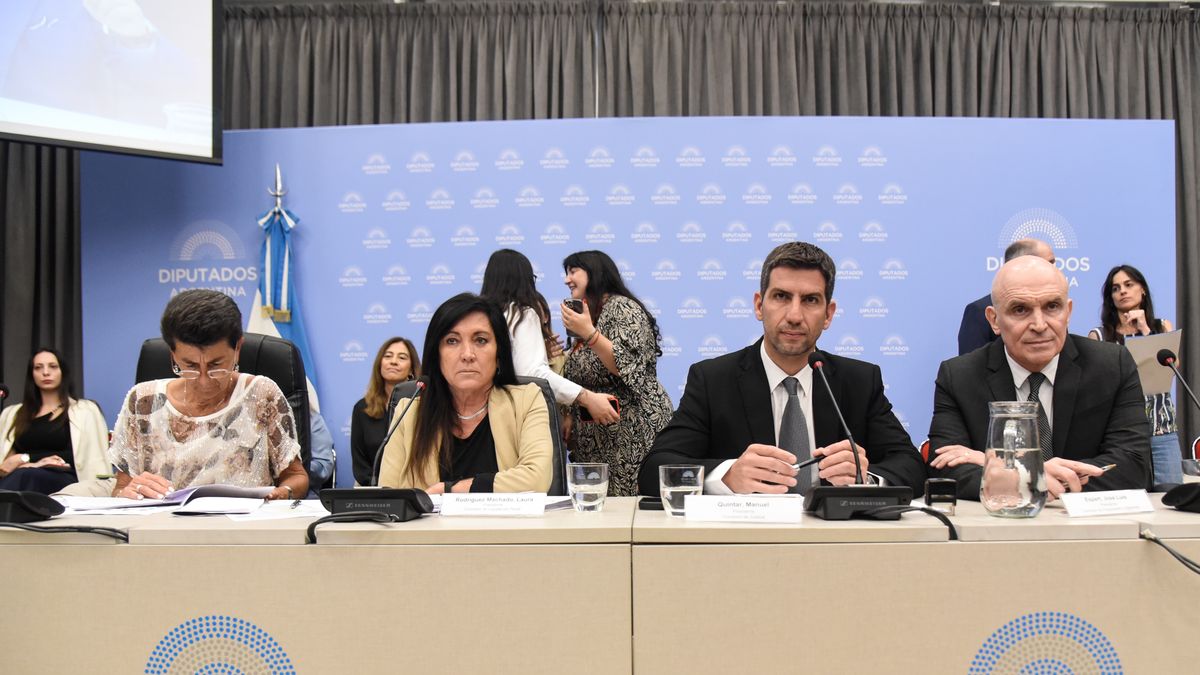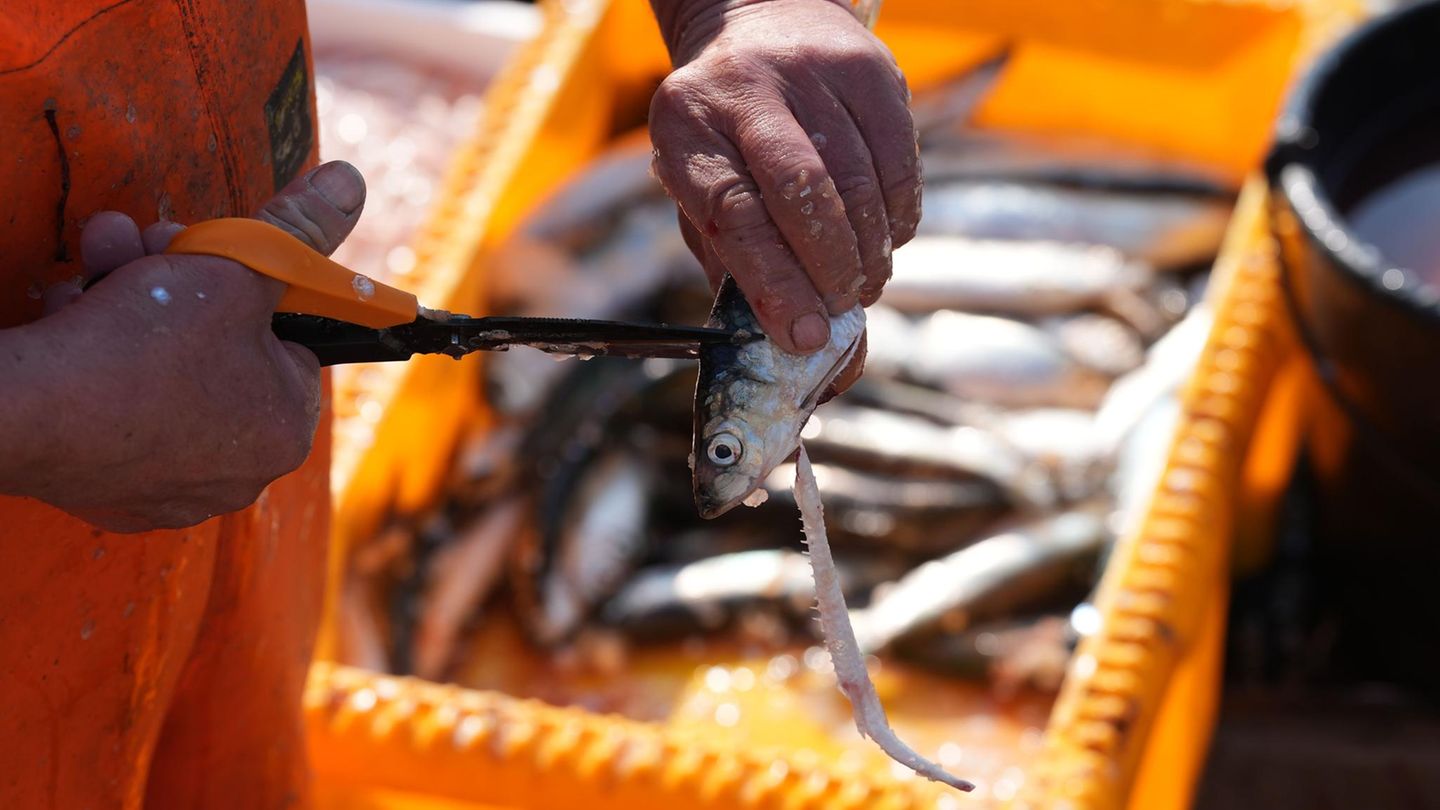As already exists in a dozen provinces of the country, the possibility of carrying out a substantial reform in the Criminal Procedure Code is advancing: that the trial by jury becomes a reality at the national level. This Wednesday, deputies from different blocks signed a consensus project.
The opinion was signed in a plenary session where the committees of Justice, Criminal Legislation and Budget and Treasury. Although there were eight projects, the majority agreement was around a scheme of popular jury trial, with civilian members with gender parity for all crimes with an overall penalty of 5 years. They must give a unanimous ruling.
Two Cordoba deputies from the bloc signed for the minority Federal Meeting -Juan Brugge and Alejandra Torres-, who support a double jury trial like the one used in your province: the difference is that it combines magistrates and people who are not legal professionals.
As happened with other initiatives that the Government had already removed from the Bases law and then decreed (such as the debt swap wave privatization of Aerolíneas Argentinas), the ruling was not exempt from a new official insistence: in its article 49, it was established that in jury trials “the judge He will wear a black toga and use a hammer to open and close sessions or when resolving an incident.
“The opinion for the Jury Trial Law. There is no judicial court more independent than the jury made up of citizens. Recovering trust in justice is key to attracting investments. And that is exactly what we are going to do,” celebrated the Minister of Justice, Mariano Cúneo Libaronaafter the meeting.
Embed – https://publish.twitter.com/oembed?url=https://twitter.com/m_cuneolibarona/status/1849157214985925118&partner=&hide_thread=false
The opinion was obtained for the Jury Trial Law.
There is no judicial court more independent than the jury made up of citizens.
Recovering trust in justice is key to attracting investments. And that’s exactly what we’re going to do.
— Mariano Cúneo Libarona (@m_cuneolibarona) October 23, 2024
Deputies advance in discussion on the absentee trial regime
Last week, they met at a meeting of the Criminal Legislation Commission specialists who promote the regime trial in absentiaother initiatives that have the support of the national government. This is a modality that in principle would involve crimes against humanity and others linked to terrorism.
He trial in absentia modifies criminal procedure legislation to allow the continuity and completion of the criminal process even if the accused is absent in some crimes. In this framework, the authorization would be specified when a judge declares rebellion of the accused for not appearing before the Court, for being absent from home without justification or for having escaped from their place of detention, in the case of certain crimes that are still under discussion.
Here two positions come into conflict: those that raise the right of the deputy to witness his trial and those that maintain that presence is a guarantee that can eventually be waived and that his defense would be guaranteed in any case. These proposals were discussed this Wednesday in the plenary session of the Criminal Legislation and Justice commissions of Deputies.
Source: Ambito




